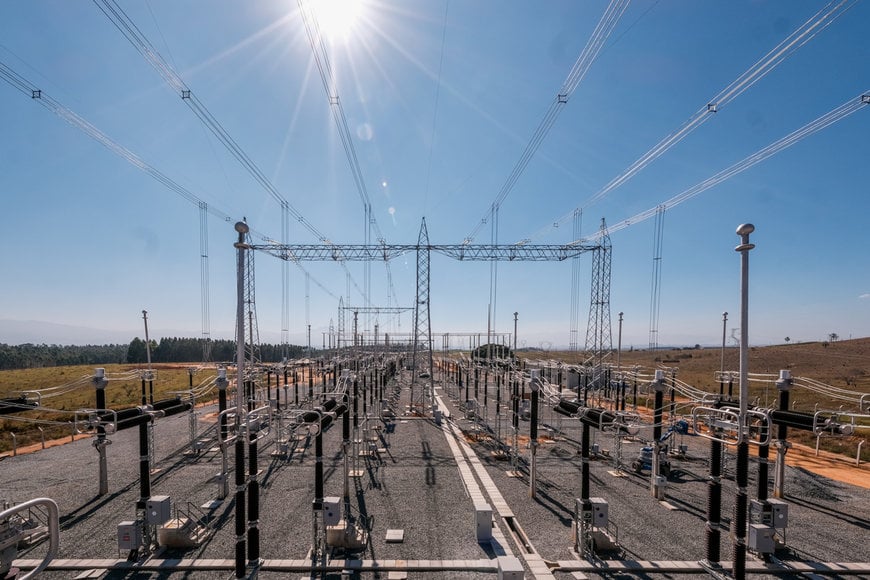GE and ISA CTEEP energize the first digital substation for the National Interconnected System in Brazil
GE Renewable Energy’s Grid Solutions business recently commissioned the first digital substation in the public power grid connected to Brazil’s National Interconnected System (SIN). Owned by ISA CTEEP - Brazil’s largest private transmission company - the Lorena substation (Sao Paulo, Brazil) has a 1,200 MVA installed capacity and will benefit the entire Vale do Paraiba region, recognized as Sao Paulo’s main center of technology.

- The fully digital substation located in Lorena city (Sao Paulo, Brazil) benefits the entire Vale do Paraiba region, recognized as Sao Paulo’s main center of technology
- The project was built with fiber optic cables and a control room 30% smaller compared to conventional substations, reducing the impact to the environment
- The project ensures greater reliability and efficiency for the Brazilian transmission system
It will be able to fulfill the energy demands equivalent to the consumption of two cities the same size as Sao Jose dos Campos (Sao Paulo, Brazil).
The Grid Automation team within GE’s Grid Solutions manufactured and commissioned this fully digital substation, including the grid automation and protection system with process bus technology. This technology allows ISA CTEEP to record measured values from the transformers, digitize and send them to protection devices. Digital data is easier to transmit and share between substation devices in real time, allowing for better data utilization.
"The Lorena substation represents a milestone in ISA CTEEP's digital transformation towards the 4.0 substation, essential for increasingly decarbonized, distributed and digitized energy systems. With this new venture, we will significantly contribute to increasing the reliability, efficiency and sustainability of the Brazilian transmission system,” said Dayron Urrego, executive director of projects at ISA CTEEP.
As the digital substation is fitted with fiber optic cables, instead of point-to-point copper wires, its footprint has been reduced by 50% compared with a conventional substation, resulting in a lower environmental impact. It also features a 30% smaller control room, which also reduces its impact. Thanks to the use of fiber optic cables, technicians can avoid coming into direct contact with the circuits since maintenance work is done directly from the control room.
“The digitalization of the electrical system is mandatory for millions of people to continue having access to energy wherever and whenever it’s needed,” said Alexandre Ferrari, Commercial Leader for GE’s Grid Solutions business in Latin America. “With advanced and digital technologies, we reduce costs in engineering, maintenance and installation, and we bring the benefits for a more efficient and reliable energy transmission and distribution system to Brazil.”
The contract for the project, which has two transmission lines operating at 500 kV and four transmission lines operating at 230 kV, was signed in 2019.
GE has energized five additional digital substations across Latin America in recent years - in Colombia, Mexico, Peru and Venezuela. Around the world, GE’s Grid Solutions teams are currently working to deliver more than 100 digital substation (process bus) projects. GE is committed to planning, designing and implementing advanced grid technologies that electrify the world and accelerate the energy transition in partnership with its customers.
www.ge.com

